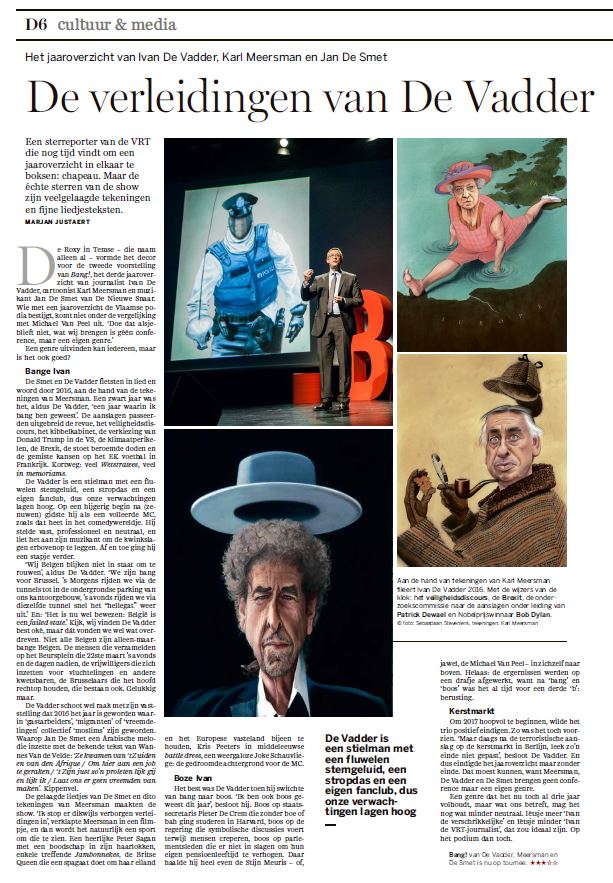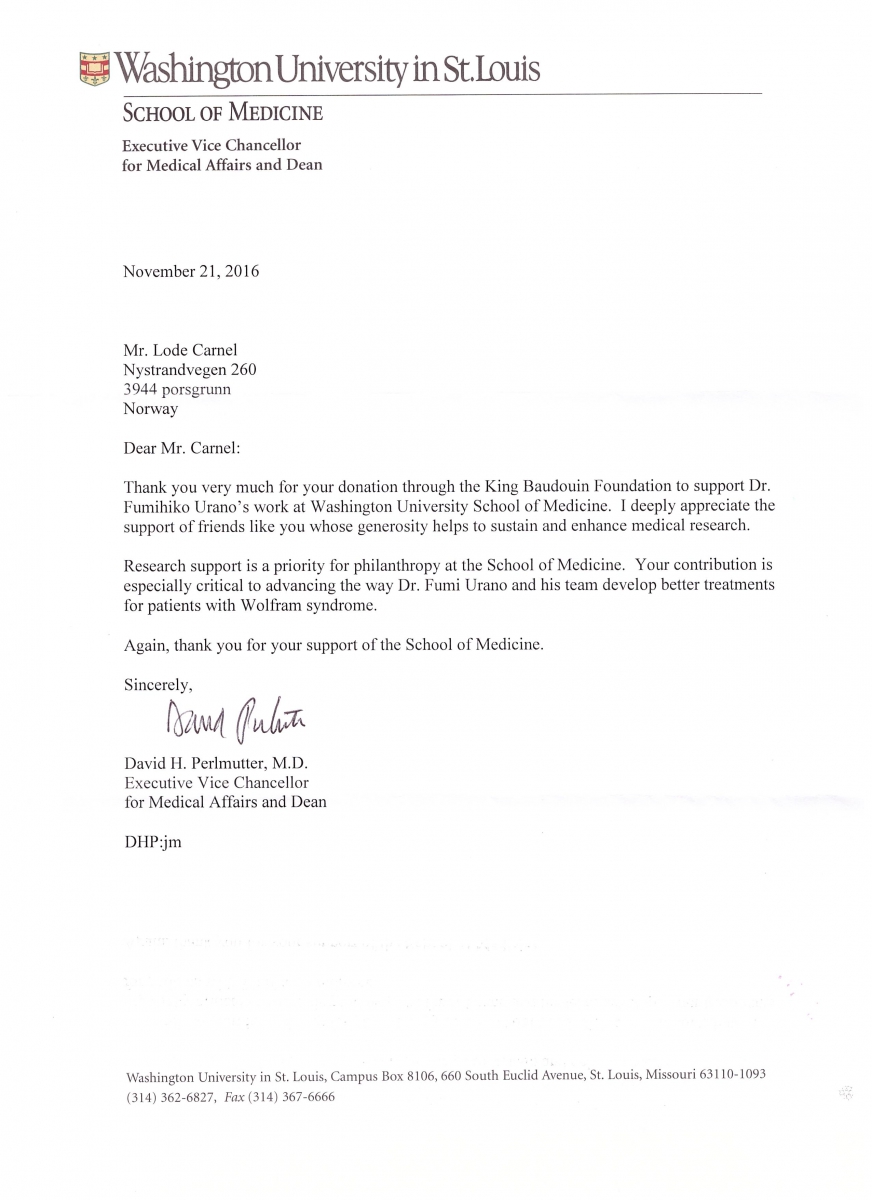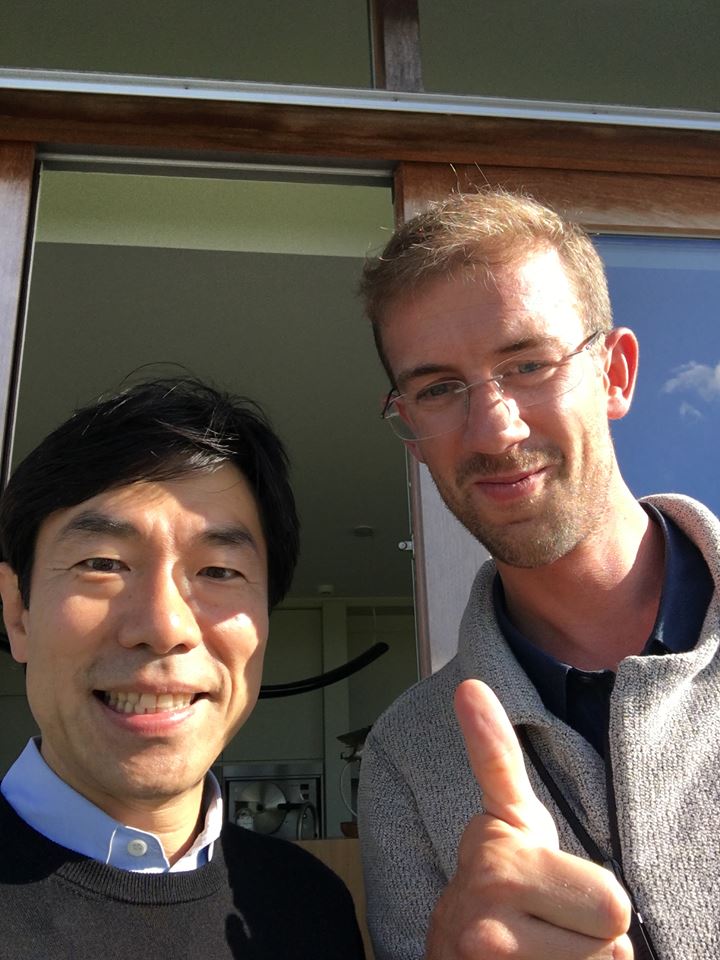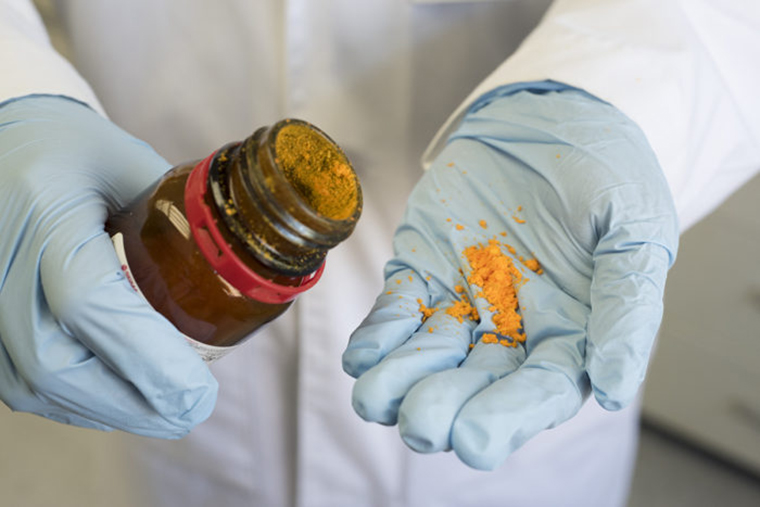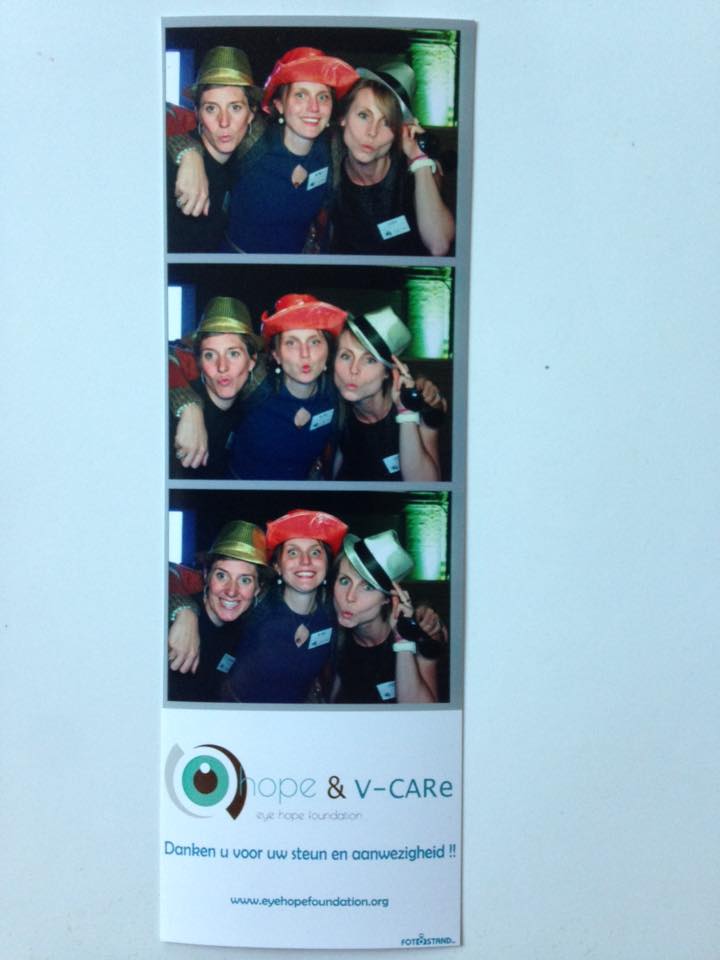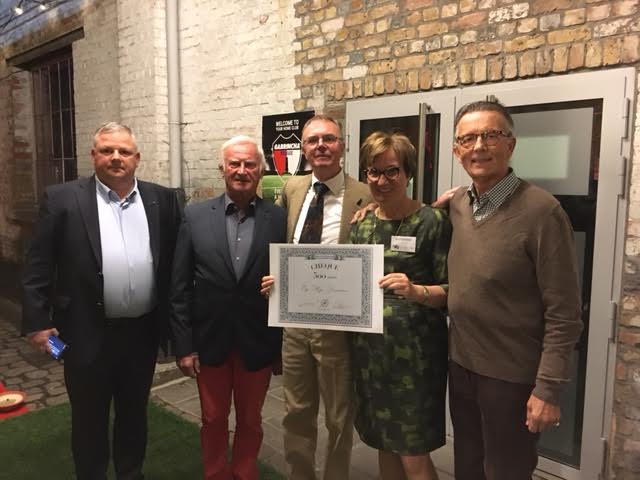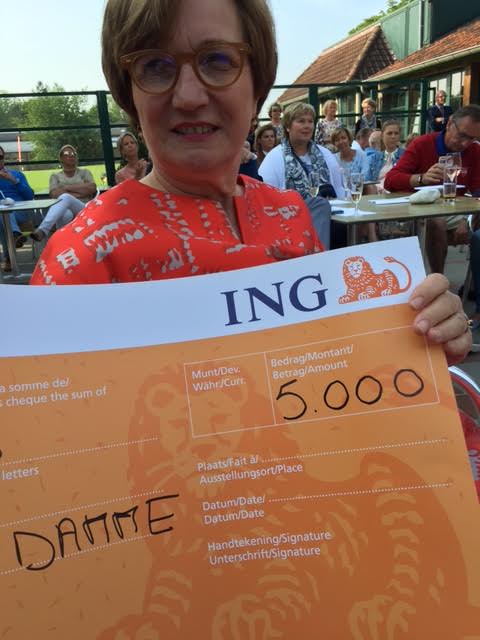The 7th Annual Washington University Wolfram Syndrome Research Clinic Meeting was held in July, bringing together the key opinion leaders and researchers who are leading the fight to bring a cure to Wolfram Syndrome. Here are some exciting highlights of recent findings from the meeting.
Collaboration and Funding is Critical
The effort to understand disease progression of neurological symptoms of Wolfram Syndrome continues, and significant progress has been made in the last year. Researchers now know the appropriate measurements to use in a clinical trial. Several endpoints have been identified, however, visual acuity and the volume of the ventral pons (a structure in the brain) have been shown to change reliably over time and will be used in upcoming trials to determine the efficacy of treatments for Wolfram syndrome. Adding to the challenge of conducting a clinical trial, researchers have also discovered that there is great variability in Wolfram syndrome symptoms and progression. There are also new hypotheses on how Wolfram affects the brain that will be soon tested in models, which may lead to more targeted treatments for the neurological systems.
Progress on these efforts, however, is heavily dependent on funding, with the current NIH grants ending in 2017. Our goal coming out of the 6th International Workshop was to bring researchers together to collaborate, move science forward to treatments and cures. At the 6th International Workshop we had 37 participants, 11 countries, four family associations, and presented 20 talks. Since then, we’ve accomplished the goals of finding a potentially useful animal model, devising new diagnostic guidelines, and planning two clinical trials.
Defining Wolfram has been challenging. A proposed definition of Wolfram syndrome was presented at the conference, and are:
Disease-causing mutations in the WFS1 gene.
Two major criteria (Diabetes mellitus and optic atrophy) or having one major criterion and 2 of: Diabetes insipidus, hearing loss or neurologic deficits.
Most clinical trials have very specific qualifications before they begin, like certain ages, certain sex, at same stage in illness etc. Since Wolfram syndrome is a rare disease and we cannot have specific qualifications like the list above, the trial could face challenges due to the small patient population, variability in the disease progression, and variability in the severity of the symptoms.
Diet Can Be a Factor
Some recent research suggests that nutritional components of a patient’s diet may be significant to Wolfram patients. Although there has been no study for treating Wolfram syndrome in people, there have been studies and recommendations for some other conditions like heart disease. Dr. Urano presented evidence in cells that DHA and Omega-3 fatty acids may help ER stress, which is the problem in Wolfram. DHA and Omega-3 fatty acids are in food and generally believed to be healthy in moderation.
Wolfram patients can get Omega-3 fatty acids, especially DHA from fish: anchovies, bluefish, herring, mackerel, salmon, sardines, sturgeon, lake trout, and tuna. (Fish like mackerel, wild swordfish, tilefish, shark or farm-raised fish have higher levels of mercury, PCB’s or other toxins, and should be limited). Some vegetarian-friendly sources for Omega-3 include: walnuts, pecans, pistachios, eggs, seaweed, parsley, spinach, kale, and beans. We don’t know the ideal dose for Wolfram patients, but a good range would be 500-1000 mg a day of diet plus supplemental omega-3’s.
Another paper has shown that CoQ10 has a possible improvement in vision in one person with Wolfram. The ideal dose is not known, but the recommended range from manufacturers is 20-400 mg. CoQ10 may have some side effects but is probably safe in higher doses for a limited time.
A low salt diet may be also detrimental in cases of diabetes insipidus. A reasonable amount of salt is a teaspoon or 2000 mg a day. Some foods have a lot of salt so it will count towards your 2000 mg daily-recommended limit.


